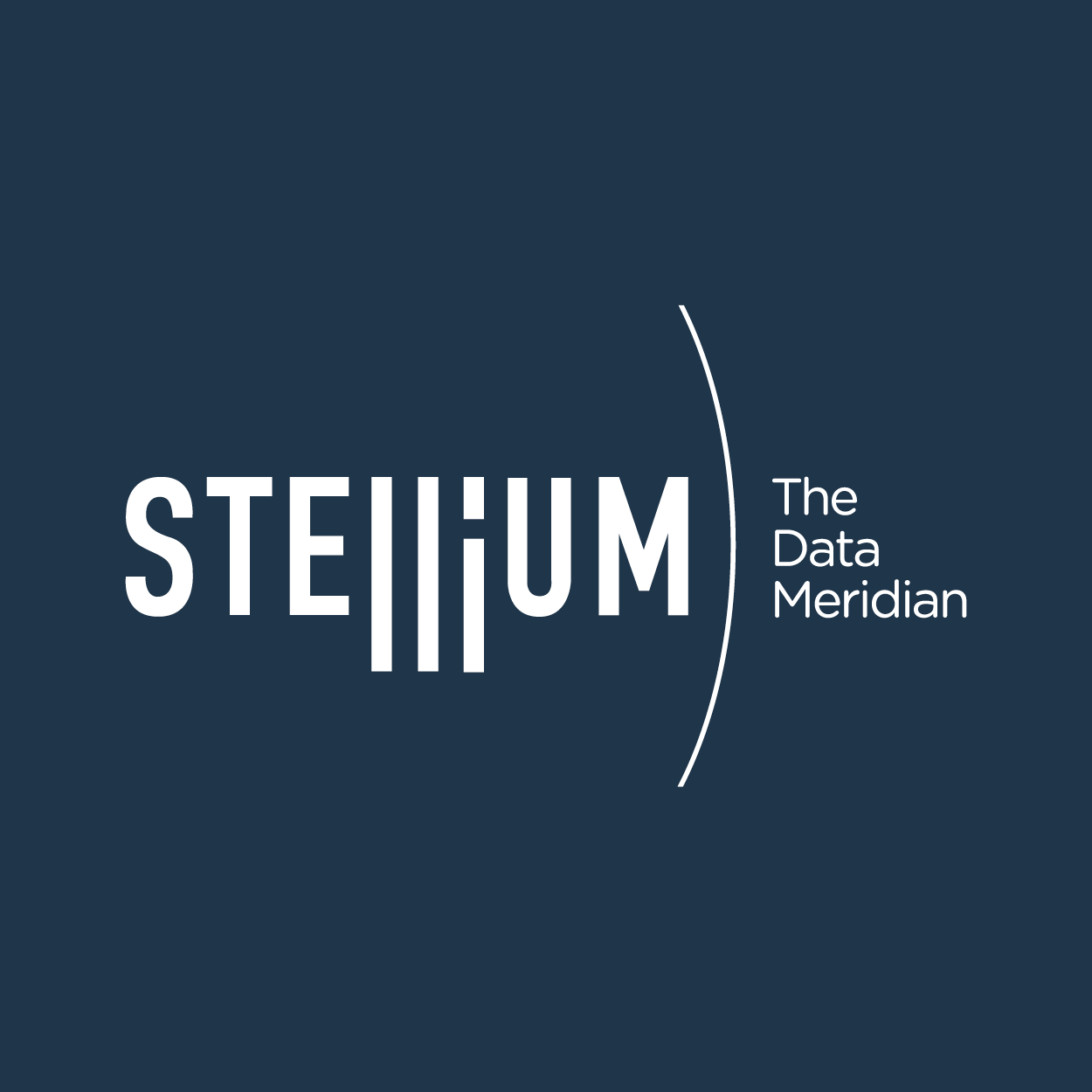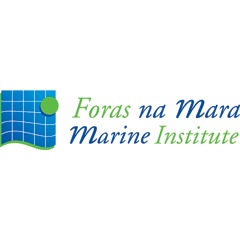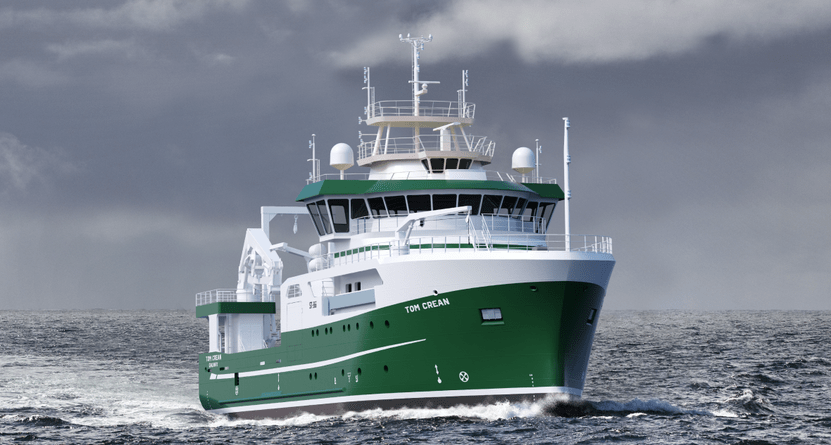Client
- Marine Institute
Technology
- Juniper Networks’ EX4650 switching at the core delivering high scale, high availability with a 100 GbE core backbone
- Juniper Networks’ EX3400 Ethernet switches with high-performance, flexible and cost-effective edge solution for high throughput data
- Field engineering exepertise and project management services
Project Outcomes
- Best-in-class network solution with up to 100 GbE throughput, which supports resource-intensive scientific applications for the Marine Institute.
- High quality, robust and reliable build quality for a demanding environment at sea.
- Intelligent troubleshooting capability over low-bandwidth satellite links.
- Project delivered, on time, on budget and to stated objectives.
- Technology will leverage centralised management of additional Juniper infrastructure at Marine Institute headquarters and its branch offices.

Overview
The Marine Institute is the State agency responsible for marine research, technology development and innovation in Ireland. It carries out environmental, fisheries, and aquaculture surveys and monitoring programmes to meet Ireland’s national and international legal requirements.
It provides scientific and technical advice to Government to help inform policy and to support the sustainable development of Ireland’s marine resource.
It also aims to safeguard Ireland’s unique marine heritage through research and environmental monitoring. Its research, strategic funding programmes, and national marine research platforms support the development of Ireland’s maritime economy.
The organisation has grown strongly from a staff of one to over 170 and its vision is for “a thriving maritime economy in harmony with the ecosystem and supported by the delivery of excellence in our services.”
Business Challenge
The RV Tom Crean is the latest addition to the Marine Institute’s fleet of research vessels. Named after the famed Irish Antarctic explorer, who was an expedition crew member with both Scott and Shackleton in the early 1900s, the vessel is tasked with undertaking a wide variety of work such as seabed mapping services, fisheries research, oceanographic and environmental research.
This involves collecting tens of terabytes of raw data from networked instruments and sensors and a significant amount of data processing is done onboard. Much of this data is subsequently transferred to the Institute’s land-based ICT infrastructure.
A resilient, robust and reliable network was mandated, one that would allow the crew on the RV Tom Crean to realise their research objectives under very demanding, environmental conditions.
The Agile Networks team had already worked on providing the Institute with a perimeter security solution and jumped at the chance to get involved in this high profile project.
High-Speed Networking on the High Seas
Keith Manson, IT Operations and Systems Manager with the Marine Institute tasked the Agile team with architecting a solution design and a methodology for how the network would be delivered and supported once deployed.
With no network engineering staff on board, low bandwidth satellite communications for remote troubleshooting and a short window of just four days to get the network live and operational, these were the key challenges of the project.
A combination of core (EX4650) and edge (EX3600) Juniper switches were chosen for deployment, designed to deliver 800 Gb of throughput. They are ideally suited to meet the substantial data transfer requirements of the Institute’s bandwidth-hungry scientific applications.
The high build quality, resiliency and reliability were the key reasons for Agile’s choice of Juniper Networks as the networking manufacturer of choice for this project.
Technology at a Glance
At the Core - EX4650 Ethernet Switch
The EX4650 line of core Ethernet switches delivers high scale, high availability, and high-performance with 4 Tbps of Layer 2 and Layer 3 connectivity to networked devices such as secure routers, servers, and other switches.
The EX4650 offers fixed 1GbE/
10GbE/25GbE ports with 40GbE/100GbE uplinks that support advanced campus environments, allowing them to provide the onramp to multicloud, to deploy cutting edge cloud applications, and to embrace IoT technology.


Time-Critical Network Deployment
Under normal circumstances, networking projects involve considerable preparation time for the comms room for example, but with just four days in total to deploy the network while the vessel was in dry dock, this project was certainly more challenging than the more conventional ones undertaken by the Agile team.
While engineers had access to good internet speeds while the vessel was docked in Vigo Port, Spain, they were very aware that any subsequent configuration changes on the high seas, would have to be performed over satellite link, which in itself is very challenging.
With such time constraints, the project required a highly qualified and experienced network team and Agile’s engineers overcame each obstacle with professionalism and competency. It was important to get it right, first time.
In addition, the team had a challenge of ensuring that the screens required for seabed mapping were accurately replicated across the vessel. They had to be highly-available and reliable with accurate distribution of high resolution images to render them appropriate for use by the Institute’s oceanographic researchers.
Plain Sailing for the Marine Institute's Researchers
The deployment of a high-speed, high-performance network for the RV Tom Crean was a huge success for the Marine Institute. The network hardware is performing as expected, under demanding environmental conditions.
The research vessel was recently commissioned to huge national fanfare with significant coverage across broadcast and print media. The President of Ireland even managed to pay a visit to learn about the importance of the work undertaken by the Institute.
The confidence placed by the Marine Institute in the Juniper technology and skill of the Agile engineering staff is a source of great pride. Helping to keep Tom Crean’s legacy alive is a huge responsibility to shoulder, and both organisations take confidence in working together to bring to life such important environmental work every day.
Project Outcomes
- Best-in-class network solution with up to 100 GbE throughput, which supports resource-intensive scientific applications for the Marine Institute.
- High quality, robust and reliable build quality for a demanding environment at sea.
- Intelligent troubleshooting capability over low-bandwidth satellite links.
- Project delivered, on time, on budget and to stated objectives.
- Technology will leverage centralised management of additional Juniper infrastructure at Marine Institute headquarters and its branch offices.

Keith Manson, IT Operations and Systems Manager, Marine Institute








